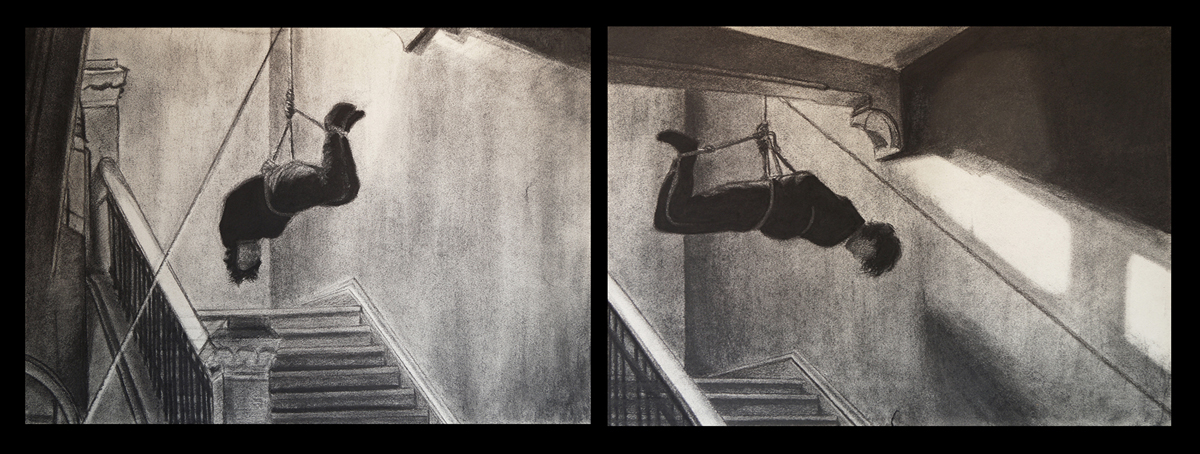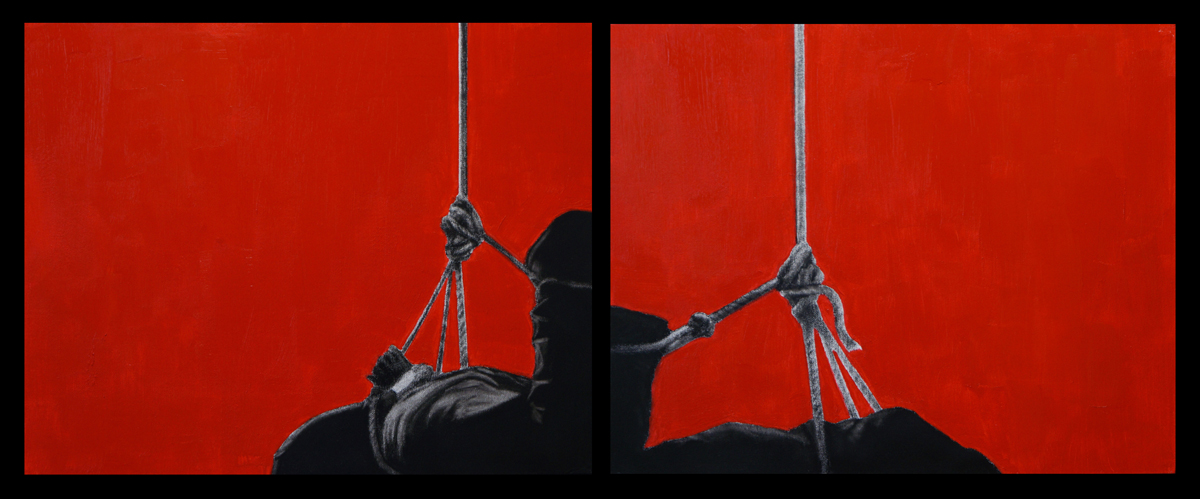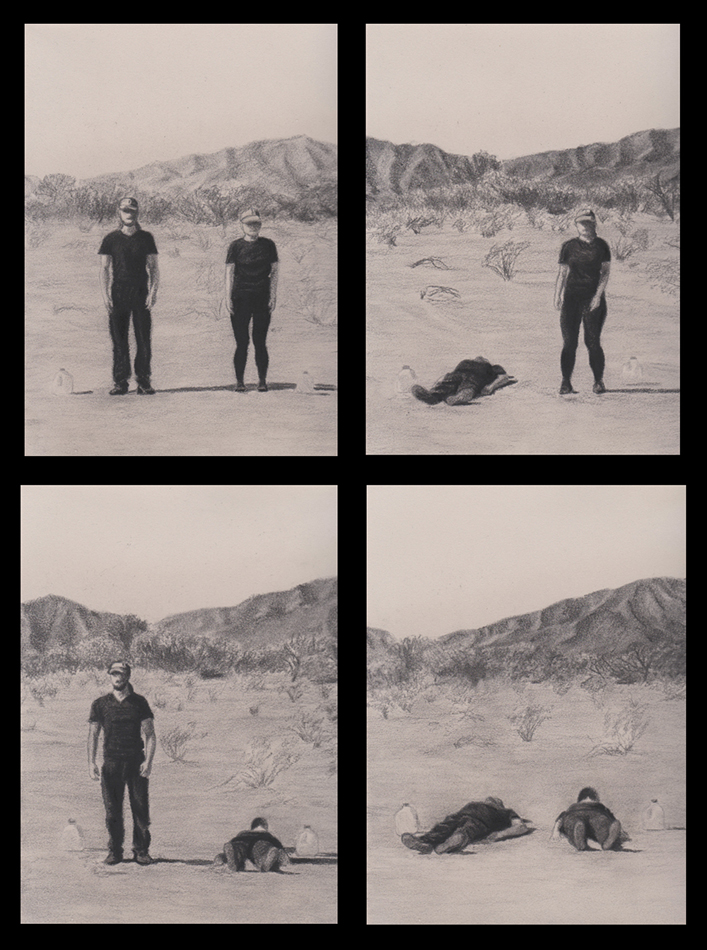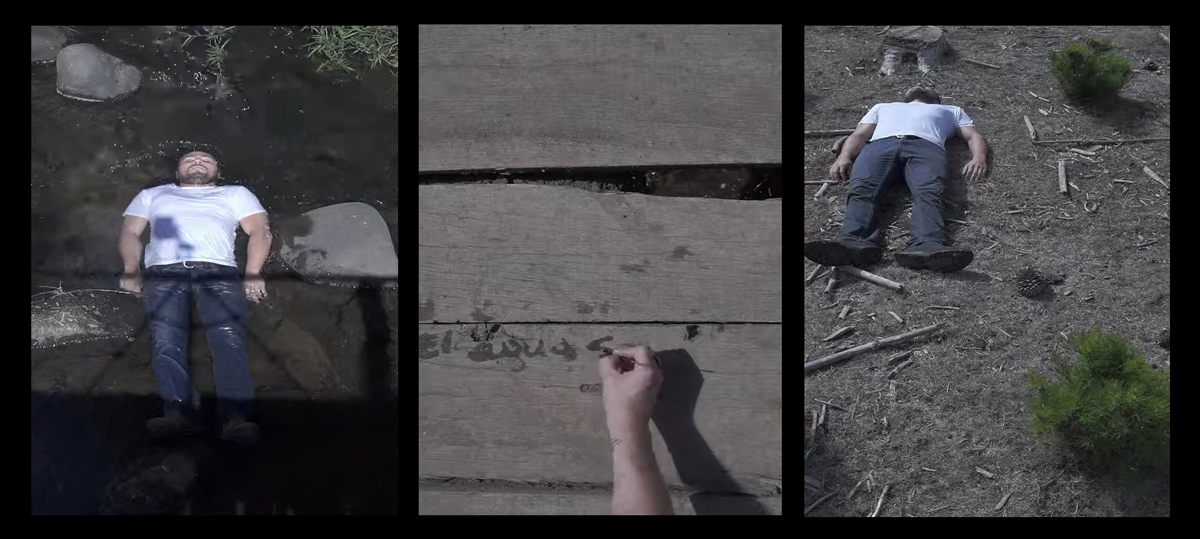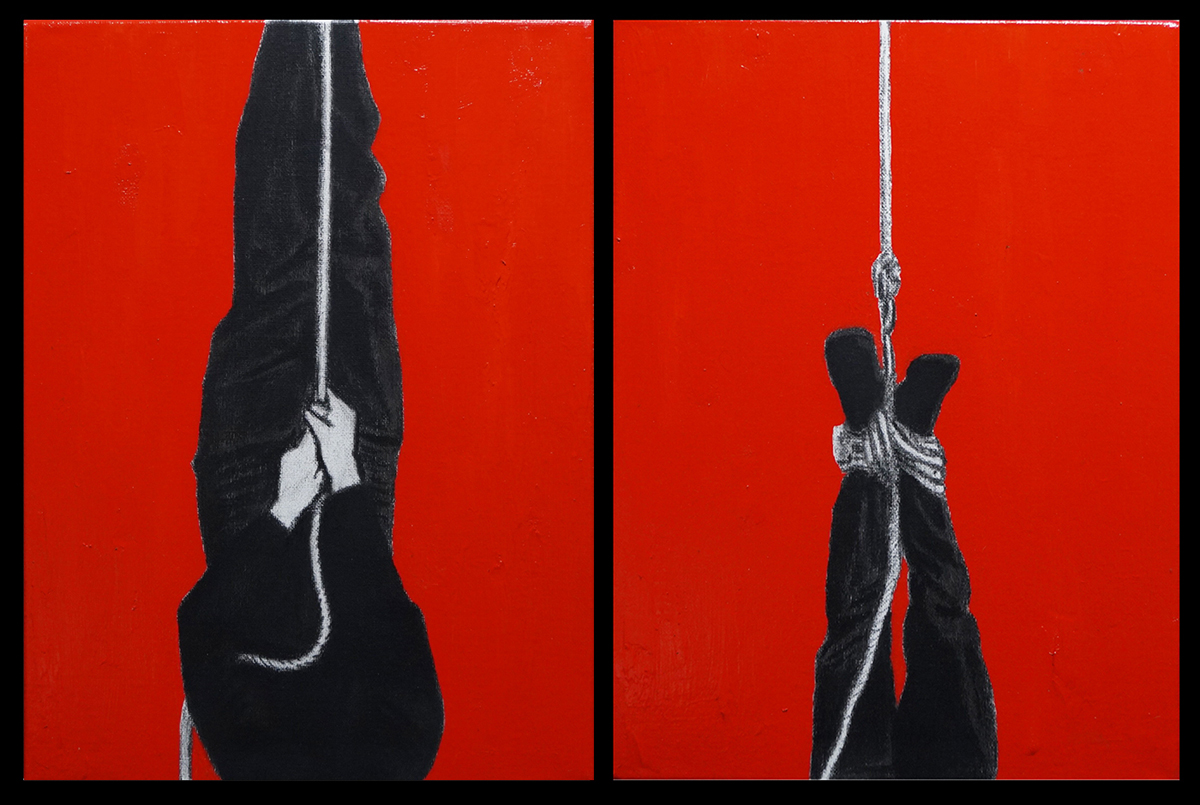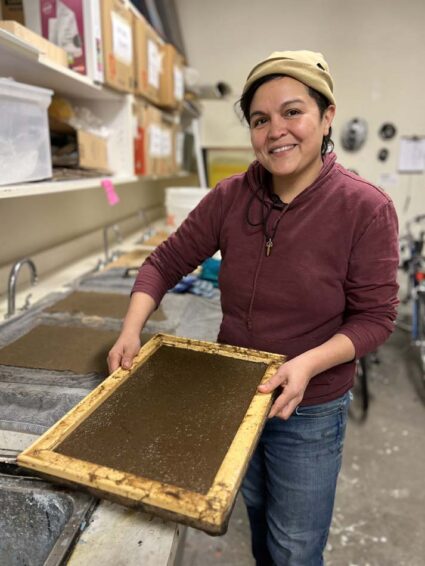Francisco González Castro: Does Not Say «I», But Does «I»: Bodies, Limits and Transgressions at the Coconino Center compiles a decade of the artist’s endurance work challenging social structures.
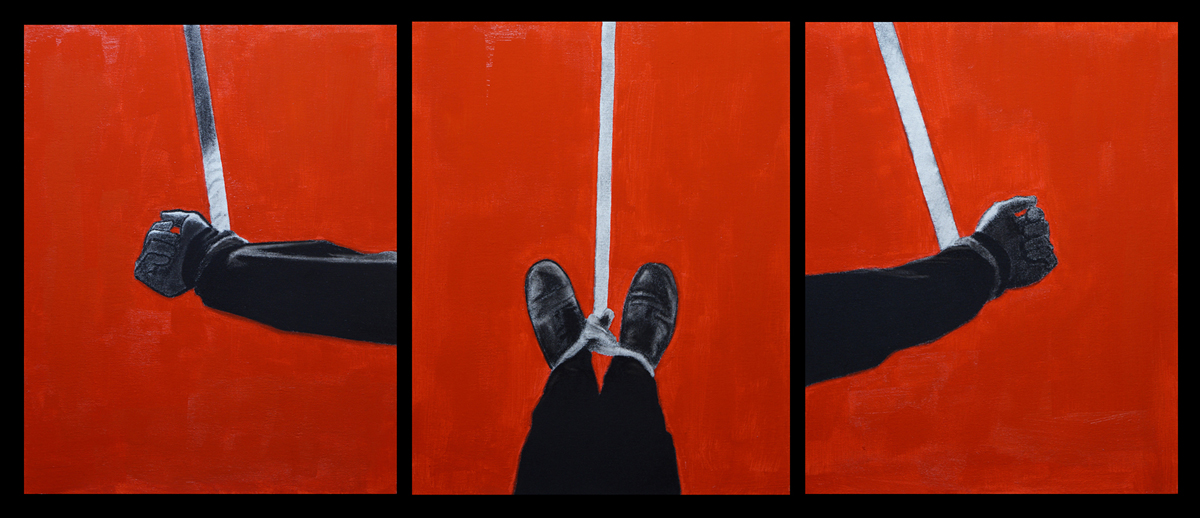
Neither endurance nor durational art is new. From the dance marathons of the Great Depression to Chris Burden having himself shot in the 1970s; to Tehching Hsieh and Linda Montano roping themselves together for a year, or Marina Abramović sitting silently opposite museum visitors for 750 hours, or Abel Azcona’s deprivation series, people have tested their limits for cash, notoriety, or art.
The work of Francisco González Castro has another purpose: challenging the body to investigate, illuminate, and confront societal structures and the power they wield.
González Castro’s multi-media exhibition Does Not Say «I», But Does «I»: Bodies, Limits and Transgressions, opening April 13, 2024, and continuing through June 8, 2024, at the Coconino Center for the Arts in Flagstaff, showcases key works González Castro has produced over the past ten years. The performances, drawings, books, and videos examine issues related to territory and borders, including the physical challenges and mental endurance migrants face while navigating the United States-Mexico Borderlands.
Among the works is a video of the performative Capas de Desaparición: 1002 de 7000/Layers of Disappearing: 1002 of 7000, which González Castro made, in collaboration with artist Lucy Quezada, while in residency in Flagstaff in 2016 and 2021.
“We went to the desert south of Phoenix where the body of a dead migrant was found,” González Castro explains, “just one among 7,000 bodies that have been discovered in the area.” In homage, González Castro and Quezada attempted to lay down and stand up 7,000 times. “We achieved 1,002,” he says. “Lucy did 300, I did 600 something. After reaching the limits of my strength, I had a different understanding of what it means to walk through the desert without water, in the heat, in the cold, and felt new sources of empathy for others. That’s what made this work so important for us.”
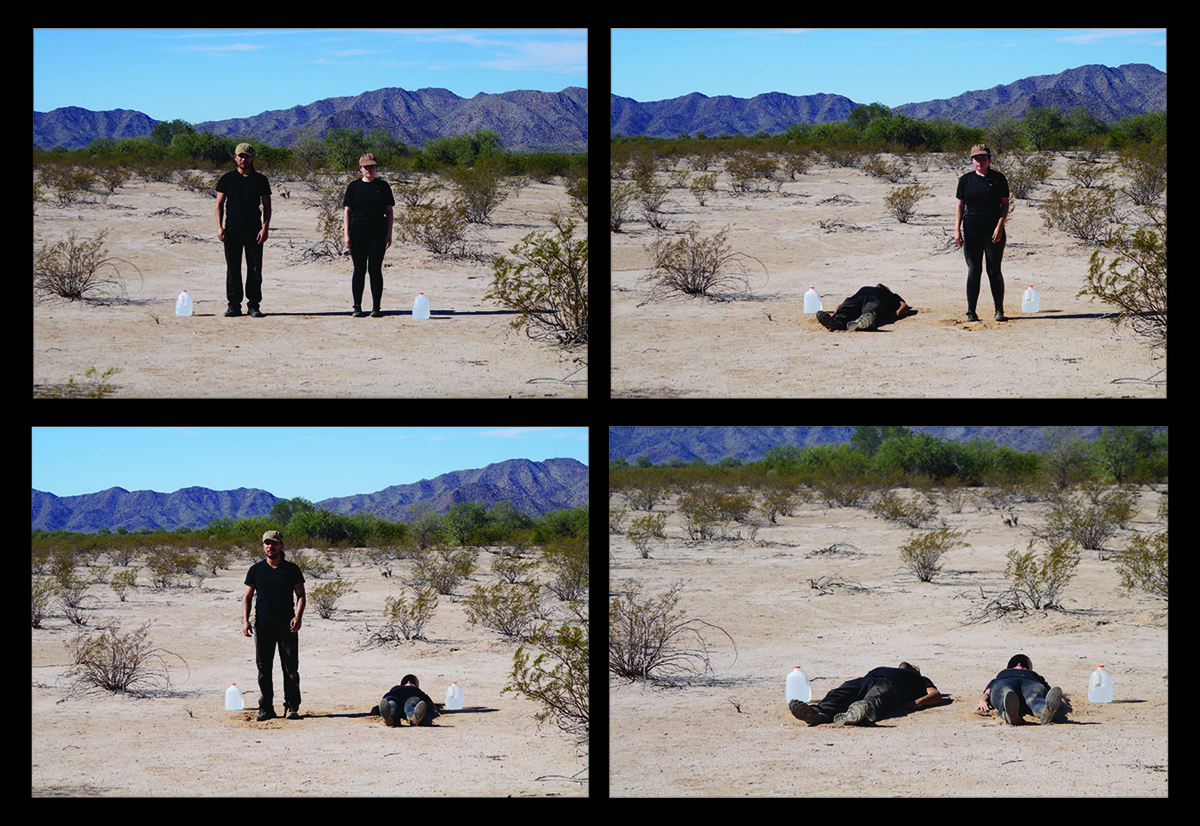
The title of his upcoming exhibition was inspired by Friedrich Nietzsche’s quote, “The body is a great intelligence,” which is evident in González Castro’s aesthetic approach.
“I always start from the body because I am a body, and the body is the I,” says González Castro, assistant professor of philosophy and the arts and director of the Global Center for Advanced Studies at Woolf University, a global collegiate higher education institution based in San Francisco.
“I never think of endurance per se. I start with the idea and the endurance appears, because it pushes me to a limit. I don’t enjoy it. I end up in a bad physical state. But reaching your own limit embodies that experience.”
In work that provokes the body and those who reject it, he adds, “It’s difficult to separate the work from my life, and if it’s possible to have a connection with more people and a make small change, for me that’s enough.”
González Castro is scheduled to give an artist talk at 6 pm on Saturday, April 13, during a public opening reception from 6-8 pm.

